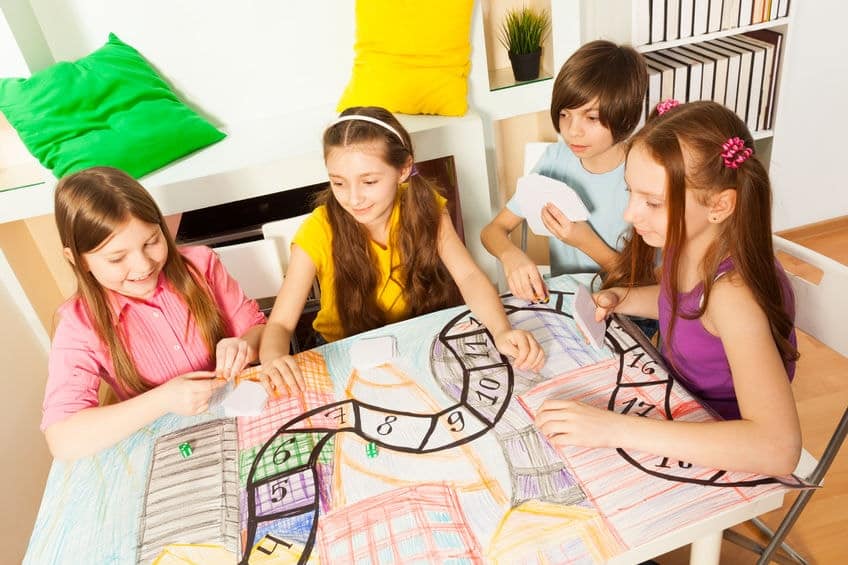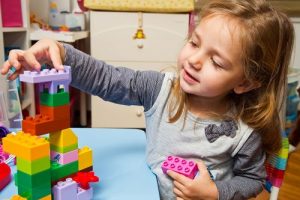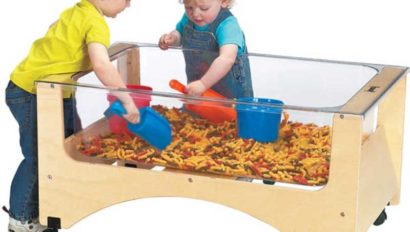7 Social Activities for Kids to Try

Good social skills are necessary for a child’s personal and mental development. Helping your child enhance their social skills can create a lasting positive impact on their life. Most kids and adults with better social skills often know how to behave in different situations, what to say and how to make better choices. Through daily interactions with people, many kids pick up social skills independently. Having kids interact in various groups and use the lessons learned is the best way for children to learn social skills. However, there are some kids that need more direct and tailored social skill interaction.
There are a variety of exciting social activities for kids which your little one can try. These activities are also a great way to have bonding moments with them. Through these activities, they will learn to improve their social skills, such as listening, following directions, cooperating, showing empathy, asking for help politely, ignoring distractions, and waiting for their turn, among others.
 Play board games
Play board games
Playing board games is one of the best ways to learn social skills. It helps kids focus on cooperation, taking turns, and being a good sport. Board games also allow kids to follow instructions – agreeing to play by the rules.
There are different board games that you and your kids can play. You can also create playgroups and invite other children for a fun playdate. The internet provides limitless ideas about types of board games. Depending on your goal, you can start with some cooperative games, then competitive ones.
Some board games are specifically designed to promote social skills. One example is the game called Q’s Race to Top. It has question cards with conversation prompts and the “DO” cards. The “DO” cards break up the game and let kids engage in various easy movement, dexterity, and flexibility challenges. This is ideal for kids who have a short attention span and cannot sit for long periods of time.
Sharing stories
This activity focuses on listening, taking turns, following directions, cooperating, ignoring distractions, and showing empathy. It can be any story you’d like to share with each other. You can start with your life during childhood, the dreams you had or anything you and child want to talk about – be it real or imaginary.
You can create a rule that stories have a time limit. This is beneficial if your child has trouble staying on topic or gives too much information. Show that you are listening by summarizing what your child shared. Ask questions and show empathy if necessary. Let your child observe your behavior when it’s their turn. And once it’s your turn to share your story, have your child practice the same skills you just showed.
Play “Would you rather?” to practice decision-making skills
This is one of those activities for kids where you start hearing giggles when deciding between two goofy, outlandish and silly statements. Even if those two choices are not that great, kids will need to pick one of them. They can ask follow up questions for clarification.
You can be as creative and funny as you want. If you are brave enough, you can ask them to make up their own. It can be questions such as “Would you rather be invisible or be able to fly?” or “Would you rather drink sour milk or brush your teeth with soap?”
Whatever questions you raise, make it as fun and educational as possible.
Interpreting emotions through charades
Play emotions charades where instead of movie titles or songs, use different emotions. Write down different feelings on pieces of paper. You can also use pictures instead of words. Take turns acting out each emotion. This helps kids understand other people’s emotions. Sometimes kids get confused by the feelings others show or what a certain look means.
Treasure hunt games to improve cooperation skills and teamwork
This activity may involve a lot of planning. However, the impact it has on kids will be worth it. Treasure hunt games are always fun and exciting. Kids will be able to work together to figure out different clues and achieve a common goal. Puzzles are a great way to end the treasure hunt. They can work as a team and solve the puzzle.
Turtle time game
The goal of this game is to help kids practice observation skills and be more mindful of their surroundings. When you and your kids are out on the playground or anywhere else, look around and observe the environment. Do it like you are turtles – in a very slow and exaggerated manner. Take turns sharing information about what you observe. Use this observation as a way for your child to choose how to behave. For example, if you notice that there is a big line for the slide, your child may take the swing first.
The telephone game
A game that can be played with large or small groups of kids, this is ideal to help with communication and listening skills. Have the kids line up or make a circle. Whisper a sentence to the first person, and then have them whisper the same to the next person until the last person who then announces what they heard. Kids will be amused and amazed at how the sentence varies. This is a great lesson for kids to learn that listening is important.
Conclusion:
There are endless social activities for kids you can try. You can tailor each activity based on your child’s specific needs. Some children may seem socially proficient at birth, while others have difficulties. Some are easily able to make friends, while others are loners. Some are born leaders, others detached. It’s no question that children who have better social skills excel in life. They have a better self-image, do better in school, and are more resilient in facing life’s challenges. If you want your kids to create positive relationships through better social skills, visit ABC Academy.


